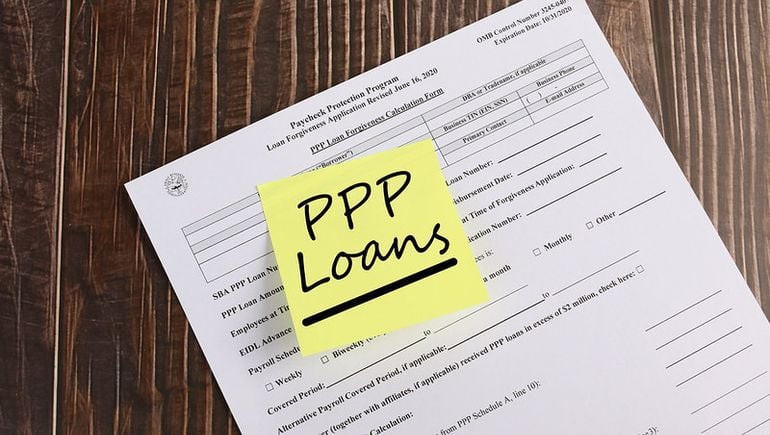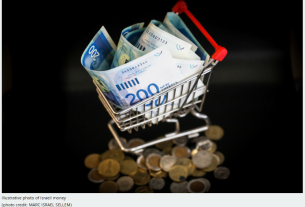Roughly $5.4 billion in COVID-19 relief money may have been given to people with questionable Social Security numbers, the Pandemic Response Accountability Committee said Monday.
The panel identified 69,323 questionable SSNs used to obtain the funds from the Small Business Administration’s Economic Injury Disaster Loan program and Paycheck Protection Program between April 2020 and October 2022, it said.
Using information on more than 30 million EIDL and PPP applications and Social Security Administration data, the committee identified 221,427 SSNs that either didn’t exist or didn’t match name or birth date information in the SSA’s system. The panel then determined that 175,768 of the SSNs were used in EIDL or PPP applications that were not disbursed by the SBA.
EIDL and PPP loans were “more susceptible to fraud due to the elevated urgency for agencies to provide timely relief to applicants in response to the COVID-19 pandemic,” the panel wrote. “SBA’s initial approach to implement these programs quickly made billions of dollars available to millions of borrowers affected by the pandemic, but used few program controls to verify applicants’ eligibility prior to disbursing funds.”
Although the SBA subsequently added certain fraud prevention controls in 2021, the panel wrote, “the initial implementation of PPP prioritized the speed of disbursing funds rather than scrutiny of applicant eligibility, a trade-off that contributed to widespread fraud.”
The committee was created in March 2020 by the Coronavirus Aid, Relief, and Economic Security Act, the same legislation that created the pandemic relief programs. The $5.4 billion in funds given to questionable SSNs represents less than half of 1% of the approximately $1.1 trillion doled out in EIDL and PPP loans combined.
They’re far from the only fraud found, however. The Federal Reserve fined Popular Bank $2.3 million last week based on “significant indications of potential fraud” in six loans the bank processed in 2020; and fintechs came under fire in December for missing “obvious and preventable” fraud.
In October, the Federal Reserve banned five former bankers from Ally Bank, Regions, First Horizon Bank and Bank of America’s Merrill Lynch after they “used the funds for unauthorized personal expenses. The central bank had banned four bankers in April over similar incidents.
In September, a separate report found that approximately $45.6 billion was fraudulently taken from the unemployment insurance program during the pandemic, often by using SSNs of dead people.
PRAC released its report ahead of a House Oversight Committee meeting, set for Wednesday, that means to address what it called the “waste, fraud, and abuse of pandemic recovery programs.”
Gene Sperling, a senior adviser to President Joe Biden, told Reuters that Monday’s report demonstrates “the significant fraud and identity theft that occurred under the prior administration due to the lack of basic anti-fraud controls.”


